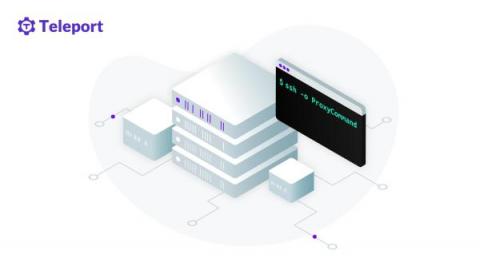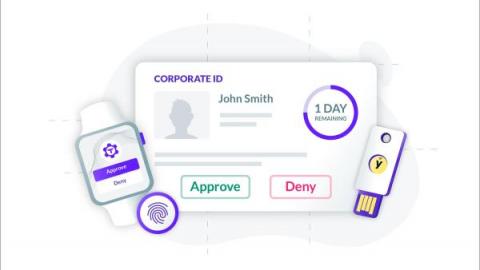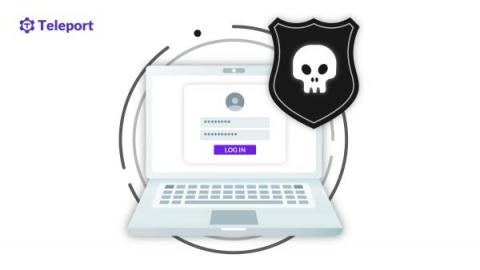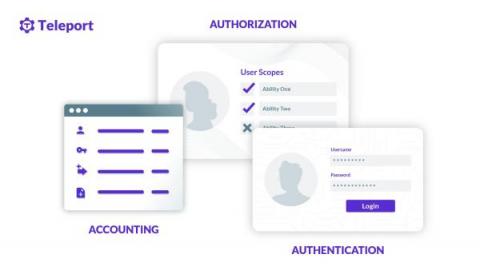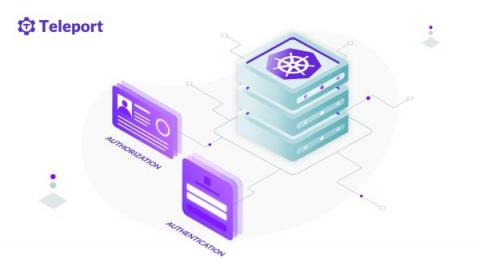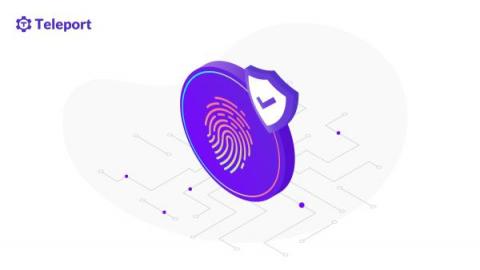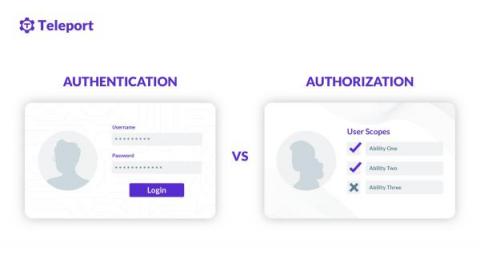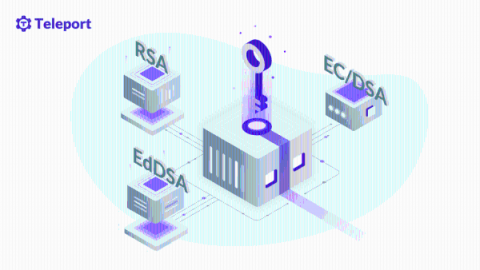How To Use SSH ProxyJump and SSH ProxyCommand
OpenSSH ProxyJump and ProxyCommand directives tell the SSH client how to connect to a remote server via an intermediary server — often called a jump host, jump server, or bastion server. If you are new to jump servers, read our tutorial on how to set up a jump server and learn some of the best practices to secure them.


